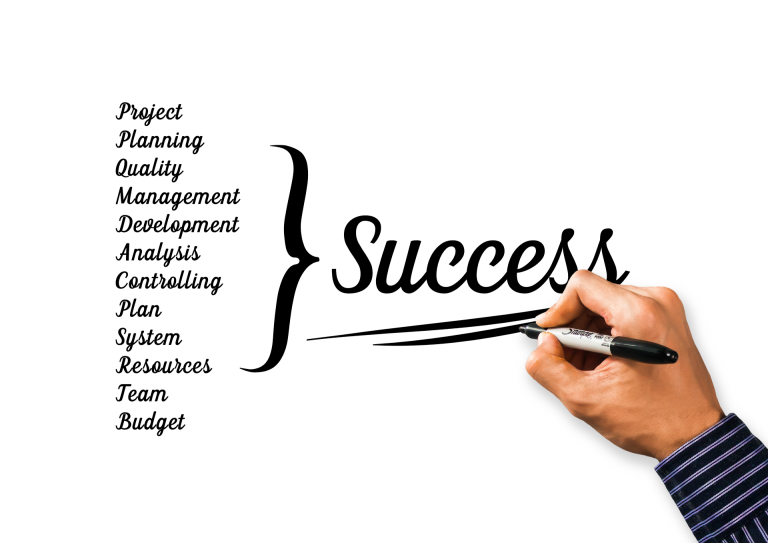Machine Learning (ML) and Artificial Intelligence (AI) are revolutionizing sales be it the chatbot that interacts seamlessly with a prospective customer on an eCommerce site or an artificial intelligence trigger that alerts a sales representative to reach out to a prospect based on similar patterns. The use case for ML & AI are many.
AI is fast becoming a part of the applications we use on a regular basis. Everything from Customer relationship management to marketing automation is getting smarter because of AI. The capability of artificial intelligence to predict qualified leads is very exciting. One aspect of AI that is very exciting is its capacity to tap unstructured data to understand more about prospects as they participate in a brands digital asset. Samples of unstructured data include tweets, comments, likes, shares, etc. Imagine the possibility of intelligent systems to crunch a lot of this disparate nature of data and derive intelligence from it within a short span of time. An interesting example is a real-time bidding on advertising networks, where a person is served an ad in near real-time based on the past browsing behaviour.

How AI is bringing Changes to Business-to-business Sales Process–With the rapid increase in AI libraries, platforms leveraging AI are getting smarter, imagine a system scraping through terabytes of data and identifying patterns, AI has use cases from customer sentiment analytics to cybersecurity.
We must think of the way the Business-to-business sales persons function and how the sales process will change because of AI. The B2B sales professional must demonstrate in the long run that s/he can evolve with the times and manage the new process, which will no longer be characterized as a slick person giving an elevator spiel, but rather become a part of the buyer’s journey. AI can flip the Business-to-business sales cycle completely.OnceAI technology becomes easily available, it will alter sales processes. Companies like Spiderbook now part of Demandbase are already doing that.
In a conventional sales team setup, Sales Reps were allocated based on the geography, opportunities that came in were allocated to the reps based on this criteria. In the new scheme of things as leads come in, they will be passed on to a rep based on subject matter expertise. AI will predict which individual is the best match to follow up on leads. This model will create a new culture that permeates across the entire business. SMEs across the company will opt-in to engage with potential buyers. Individuals who are domain experts and had not previously contributed directly to revenue producing activities will have an opportunity to participate. They will be accountable for participating in engagement with multiple potential buyers and multiple internal SMEs.
Internal SMEs whose full-time jobs can vary from customer care to analyst will leverage data that is uncovered by AI to allow engagement with prospects rapidly.
Some potential scenario in the AI-driven ecosystem can be : An analyst who is a member of purchasing committee for a brand-new enterprise system has reviewed a range of information which includes a technical blog post published by some seller whose product is under consideration. He clicks on one of the links in the blog post to access more details and opts in to download a specification sheet.

By leveraging big data tools a corporation is able to derive insights and find common patterns and identifies people that share common characteristics with the analyst that downloaded the spec sheet. Such common attributes based on the system might include the latest activity on other blogs or social network, an advanced degree through the exact same university as the two engineers or any number of other common attributes, all of that is learned by the system. The chances of the corporation being able to build a customized solution for the requirement that exists is much higher with those insights.
We are just scratching the surface of Artificial Intelligence and corporations that start to invest in this development will take a leap over enterprises who fail to cross this chasm.

